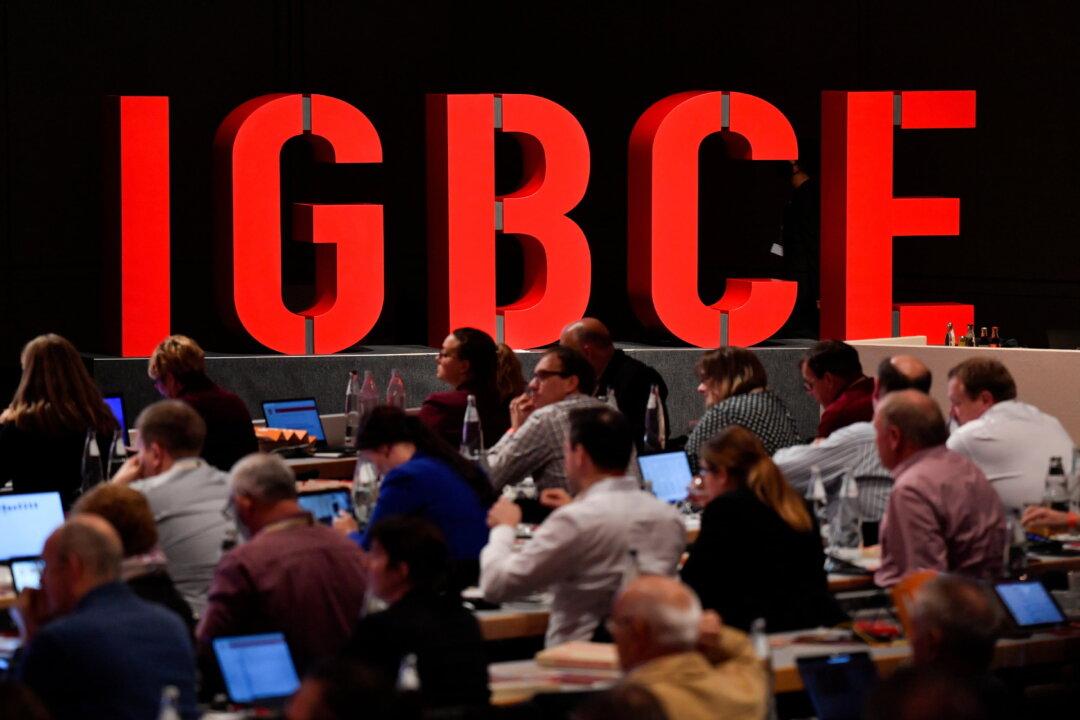FRANKFURT—Germany’s chemical and pharmaceutical industry on Tuesday agreed a lump sum payment for workers and put further collective wage bargaining on hold, citing uncertainty stemming from Russia’s attack on Ukraine.
Instead of the usual percentage increase, drug and chemical makers agreed to pay workers 1,400 euros each ($1,534), with companies below a certain profitability threshold paying only 1,000 euro per worker, the employers group and trade union IG BCE said in separate statements.





